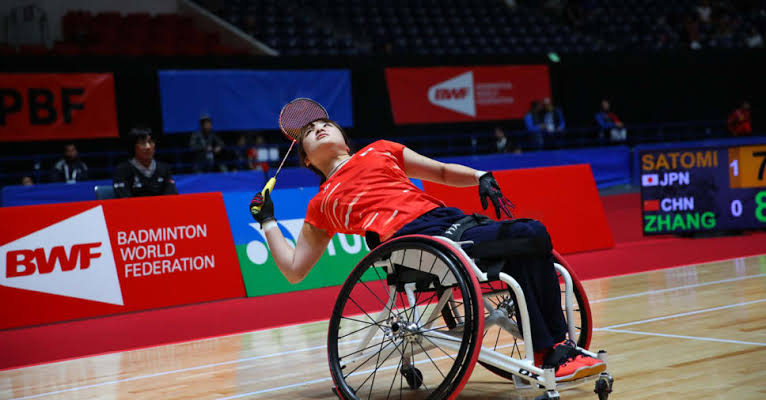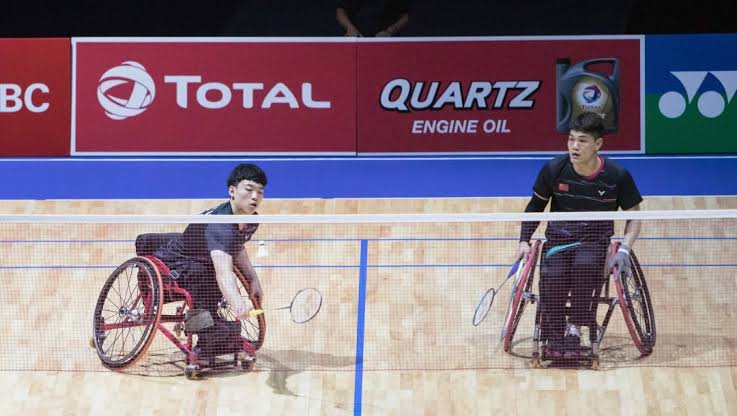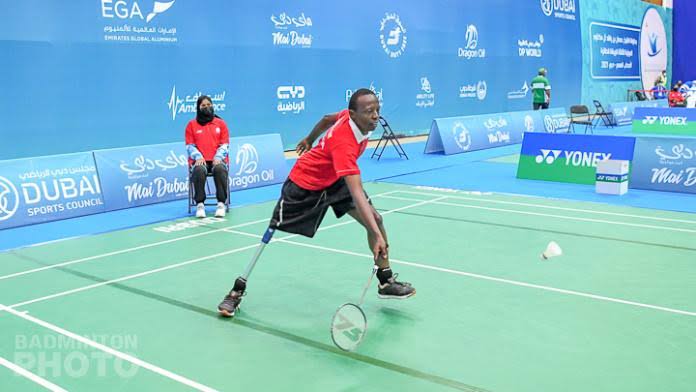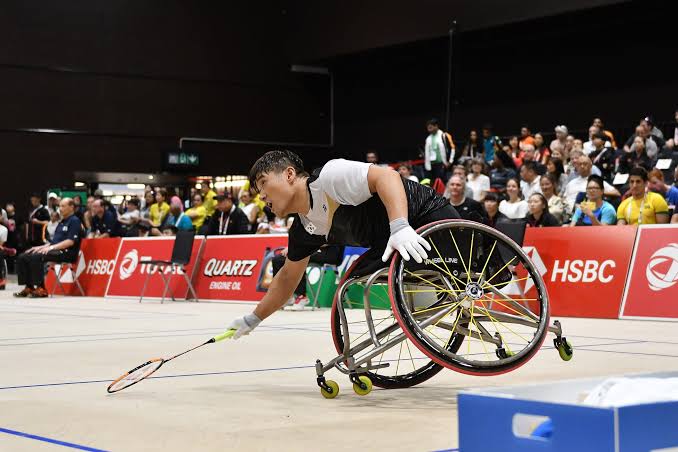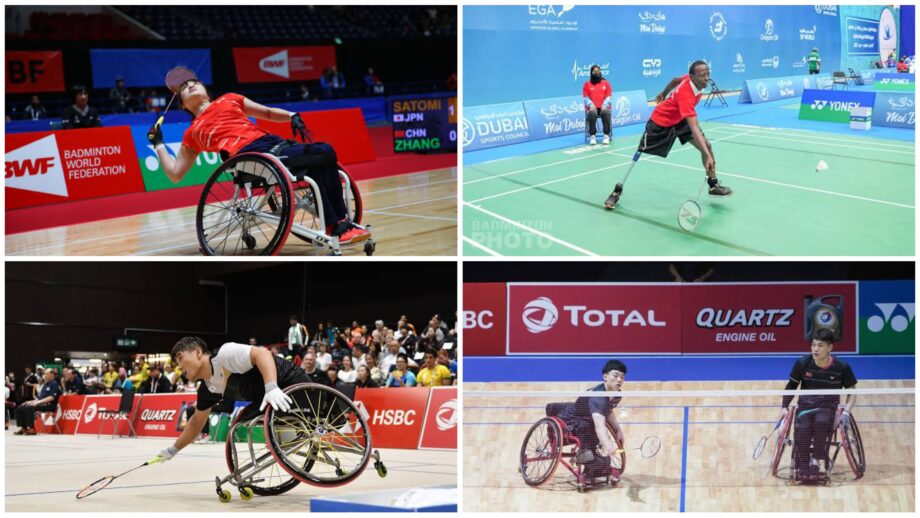In September 2017, the International Paralympic Committee set a schedule of 14 Badminton events for Tokyo 2020, including seven men’s, six women’s, and one mixed event. In singles, doubles, and mixed doubles categories, a total of 90 players (46 men and 44 women) will compete.
The inclusion of the sport in the Olympics is a reflection of its global popularity. Since the 1990s, international competitions have been established, with the first global championships held in the Netherlands in 1998. The world championships in 2015 had over 230 athletes from 35 countries, and the sport is now performed in over 60 countries across five continents.
Athletes are separated into six classes (two wheelchair classes and four standing classes), with slight exceptions to the Badminton rules. All events are played in a “best of three” format, with each game being worth 21 points. The net is the same height for all grades.
Shuttles falling between the net and a service line positioned close to the net are considered out of bounds in singles events in the two wheelchair classifications.
In these classes, matches can be technical and strategic, with players manipulating their chairs deftly while engaging in long rallies.
Players participate in international tournaments recognized by the BWF, earning points that determine their international ranking.
The sport is most prevalent in Europe and Asia, with nations like Malaysia, Indonesia, and Thailand occupying the top ranks. Chinese athletes are gaining traction, while athletes from the Republic of Korea have excelled in the men’s wheelchair divisions.
Lee Sam Seop of Korea won gold medals in men’s singles, doubles, and mixed doubles at the 2015 World Championships and was named the BWF’s most outstanding player of the year. He proved that age is no barrier by winning the singles gold medal and the doubles silver medal at the 2016 Badminton Asia Championships. He was still one of the world’s best wheelchair badminton players in his mid-40s.
Cathrine Rosengren of Denmark made an impressive breakthrough as a para-badminton player at the 2016 European Championships in the Netherlands. She won gold in the SU5 singles category by defeating colleague Astrid Lilhav Riis in the final, then silver in the doubles to cap off an impressive performance.
